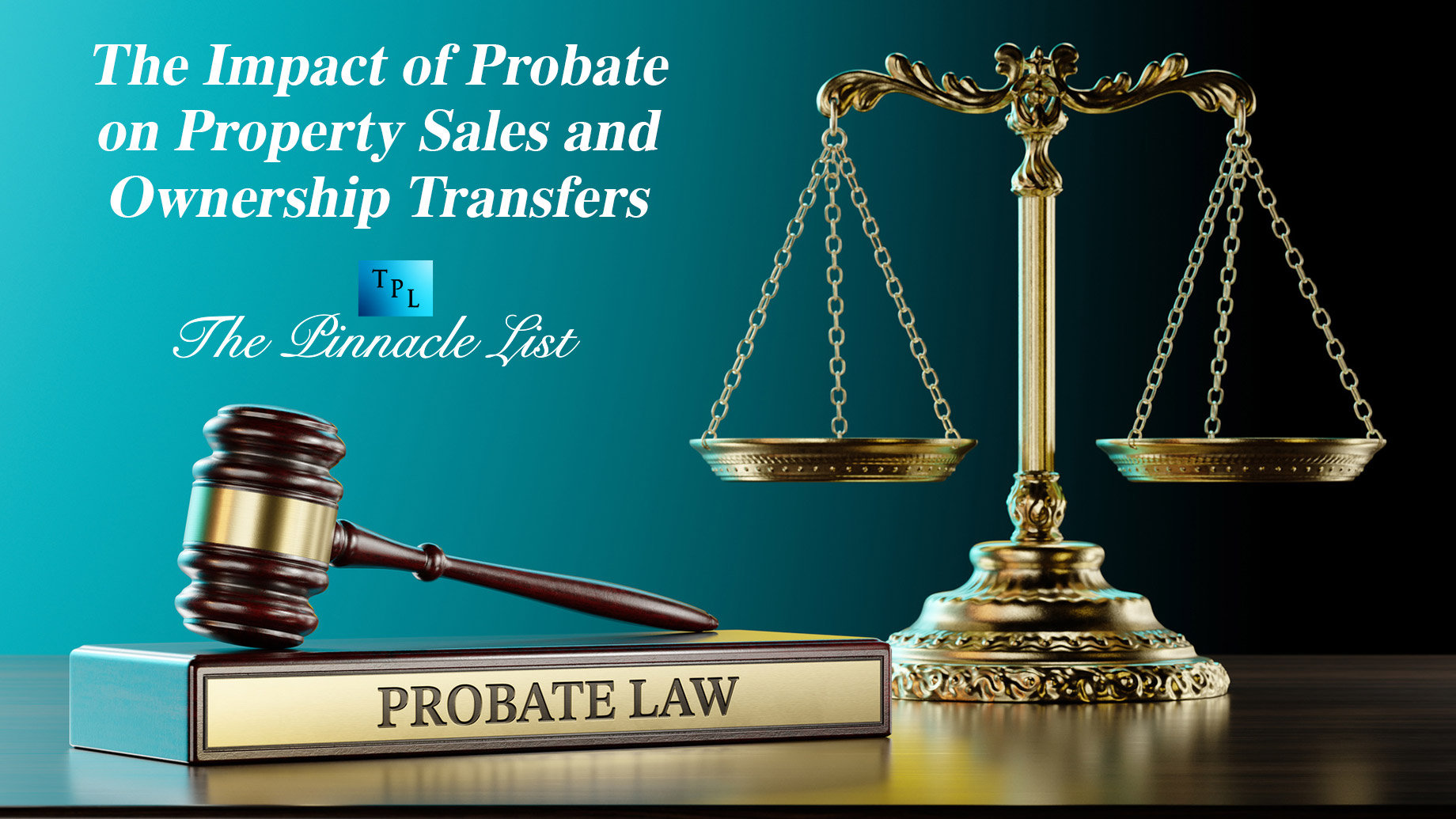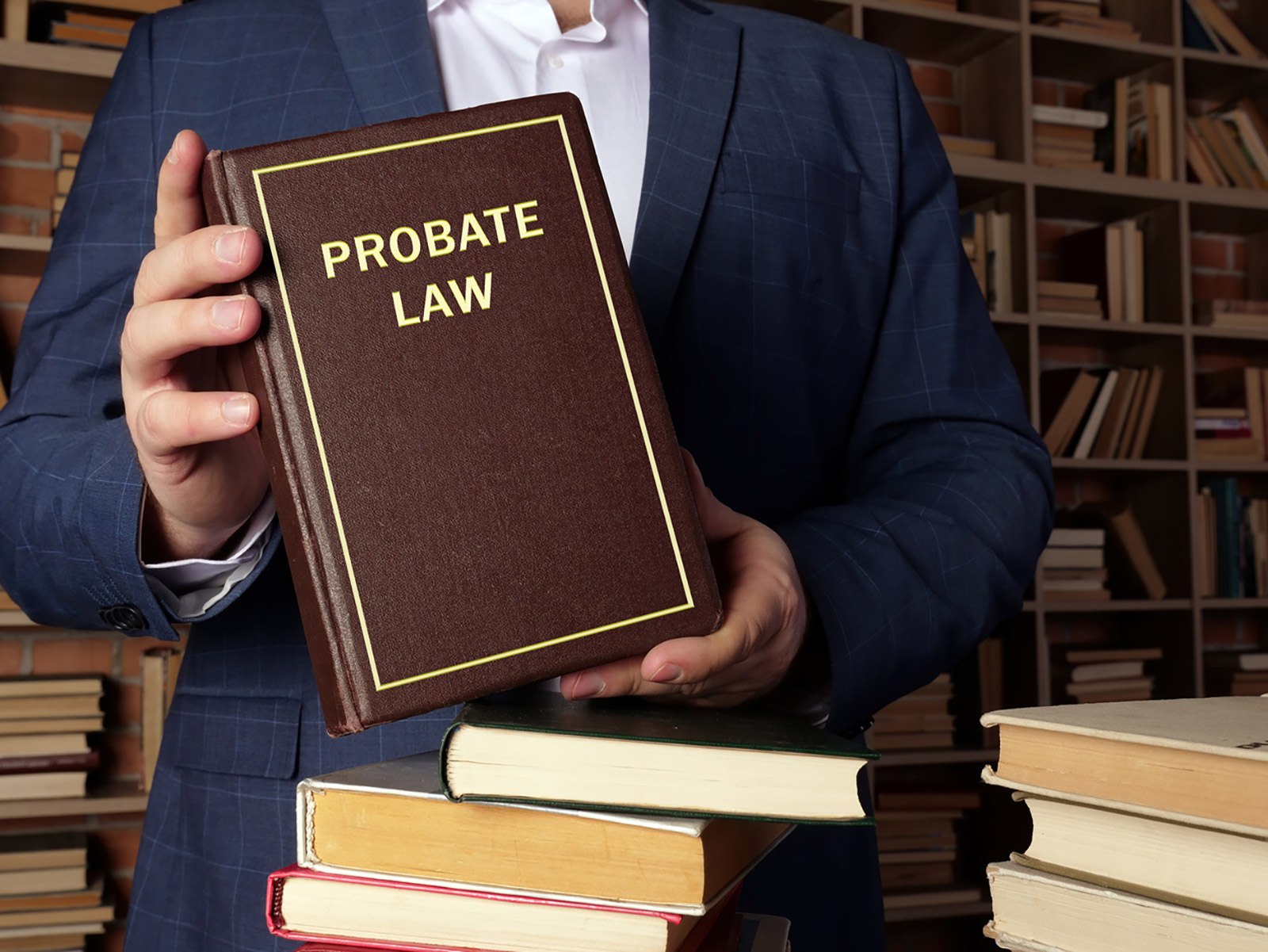
Probate is a vital legal process that governs how property is managed and distributed after someone passes away. Whether you’re handling an inherited property or planning your own estate, understanding probate can prevent costly delays and complications.
The process ensures that assets, including real estate, are properly transferred to heirs or beneficiaries according to the law. For property owners and heirs alike, knowing how probate affects property sales, ownership transfers, and potential legal hurdles is key to making informed decisions. With the right knowledge, you can avoid common pitfalls and manage property through probate smoothly.
Read on to learn how probate impacts property transfers and what steps you can take to manage the process efficiently.
How Probate Affects Property Sales
When real estate is part of a probate estate, the process can slow down the transfer of ownership, affecting the sale timeline. Understanding how these issues arise can help property owners and potential buyers prepare for potential delays.
Below are the ways probate can affect property sales:
- Time delays: Probate involves several legal steps that must be followed before the property can be sold. This includes court hearings, the appointment of a personal representative, and the resolution of any debts. These steps can extend the sale process, sometimes by months.
- Uncertainty over ownership: Buyers may hesitate to purchase a property in probate because they are unsure when the title will be cleared. This uncertainty can slow down the sale or cause buyers to withdraw.
- Court approval: In many cases, probate courts must approve the sale of property before it can proceed. This additional layer of legal oversight can add time and complexity to the sale process.
- Market fluctuations: The lengthy probate process can leave property vulnerable to changes in the real estate market. If the market shifts during probate, the property could sell for less than initially expected.
Consulting a probate attorney is essential to help manage these challenges and speed up the property sale process when possible. Their expertise ensures that legal requirements are met, reducing the risk of further delays or complications.
Property Ownership Transfers During Probate
Transferring property ownership during probate involves additional complexities that can lead to delays. Probate laws require the estate to settle before ownership is legally transferred, and this process can be lengthy.
To understand the details, here are the key factors involved in property ownership transfers during probate:
- Title transfer: The legal title cannot be transferred until the probate process is fully completed, which may take several months. This means the heirs or beneficiaries must wait before claiming full ownership of the property.
- Approval by the probate judge: In some instances, the probate judge must approve the sale or transfer of property. This step is required to ensure that all legal and financial obligations of the estate have been met before the transfer takes place. When selling a property, this approval is essential to move forward with the transaction.
- Clear ownership rights: The court must verify that all legal heirs or interested parties have been accounted for, and their rightful share of the estate has been allocated. This step ensures that ownership is transferred without disputes.
Handling property ownership transfers during probate can be a complex and time-consuming process. However, with proper legal guidance, potential delays and disputes can be managed more efficiently, ensuring a smoother transfer of ownership.
Handling Property Without a Will
When someone dies without a will, handling their property becomes more complicated as the estate must follow state laws to determine who inherits. The process can be time-consuming, and disputes may arise among heirs.
The following are the typical procedures involved in handling property when no will exists:
- State law determines heirs: In the absence of a will, state laws dictate who inherits the property. This usually prioritizes legal heirs such as spouses, children, or other close family members, but it can vary by jurisdiction.
- Appointment of a personal representative: The probate court will appoint a personal representative, also known as an executor or administrator, to manage the estate. This individual is responsible for overseeing the distribution of assets, including property.
- Approval for sales: If the property needs to be sold, the personal representative must seek approval from the probate court before completing the sale. This ensures the transaction is handled legally and fairly.
Dealing with property when there’s no will often complicates the probate process, but a probate attorney can help clarify and expedite these steps.
Avoiding Probate Through Estate Planning
Effective estate planning can help bypass the complexities of probate, ensuring a smoother transition of assets to your heirs. Implementing specific strategies can help keep certain assets out of probate and facilitate direct transfers upon your passing.
The following are common strategies to avoid probate:
- Living trust: A living trust allows you to transfer assets into a trust during your lifetime. When you pass away, the property held in the trust goes directly to the beneficiaries without going through probate, providing privacy and efficiency.
- Joint ownership: Holding property in joint ownership with rights of survivorship means that upon one owner’s death, the surviving owner automatically inherits the property. This method helps avoid probate and ensures quick access to the asset.
- Gifting assets: You can transfer ownership of assets to beneficiaries while you are still alive. This approach reduces the size of your estate and allows your loved ones to enjoy the benefits of those assets without the delay of probate.
Implementing these strategies can greatly simplify the property transfer process for your loved ones, minimizing the stress associated with probate. Consider consulting with an estate planning attorney to create a plan that suits your unique needs.
Final Thoughts

Probate can impact the management and transfer of property, but proactive planning can help alleviate potential complications. Taking the time to understand probate’s implications allows for better decision-making and minimizes the stress associated with the process. Effective estate planning strategies allow you to protect your assets and ensure they’re passed on to your heirs with greater ease. Prioritizing this aspect of your financial planning can ultimately provide peace of mind for both you and your loved ones.